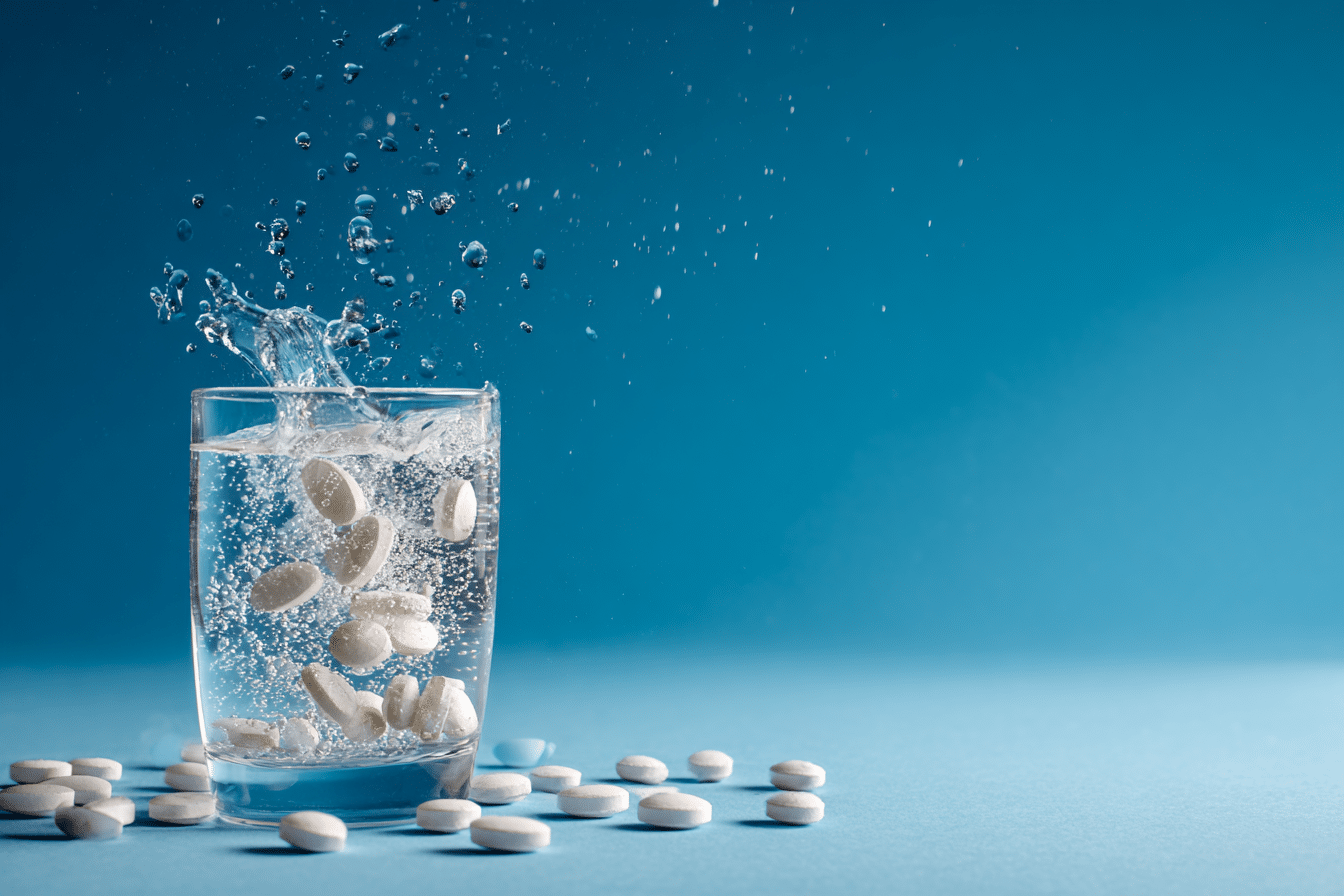Calcium Supplements and Kidney Stones have a complicated reputation. On one hand, they’re essential for strong bones and overall health. On the other, many people worry that too much calcium might fuel kidney stone formation — especially since most kidney stones contain calcium. So what’s the truth? The answer is more nuanced than a simple “yes” or “no.”
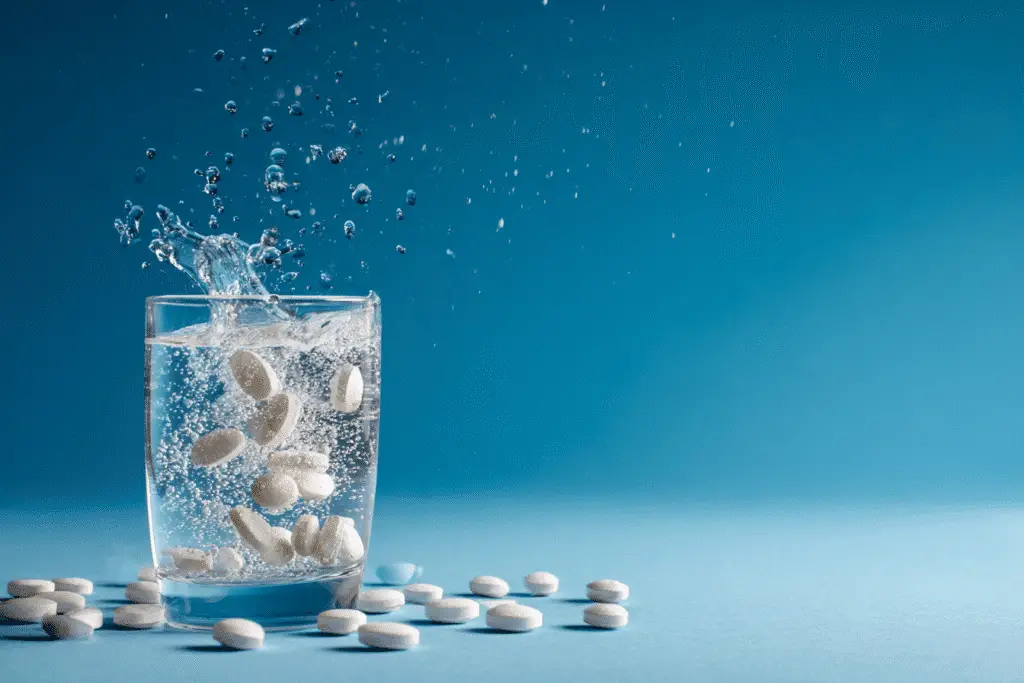
In reality, calcium can actually help prevent kidney stones when consumed in the right amounts and from the right sources. Problems usually arise when calcium intake gets out of balance with other factors like sodium, hydration, or oxalate-rich foods.
(Quick Takeaway):
- Most kidney stones are calcium-based, but excess calcium alone is rarely the main cause.
- A low-calcium diet may increase stone risk, particularly if you eat oxalate-rich foods.
- High sodium intake and dehydration are stronger contributors to stone formation than calcium supplements.
- Getting calcium from foods is better than relying on pills, though supplements may help certain people with medical conditions.
Table of Contents
How Calcium and Oxalate Form Stones
After your body digests food, the leftover waste gets filtered by the kidneys and released through urine. When there’s not enough water flowing through this system, tiny particles can clump together and form crystals — the earliest stage of kidney stones.
The most common type of stone is made of calcium supplements and kidney stones oxalate. Oxalate is a natural compound found in many plant foods such as spinach, almonds, beets, and dark chocolate. On its own, oxalate isn’t harmful, but when it meets calcium in your urine, the two can bind and harden into stones.
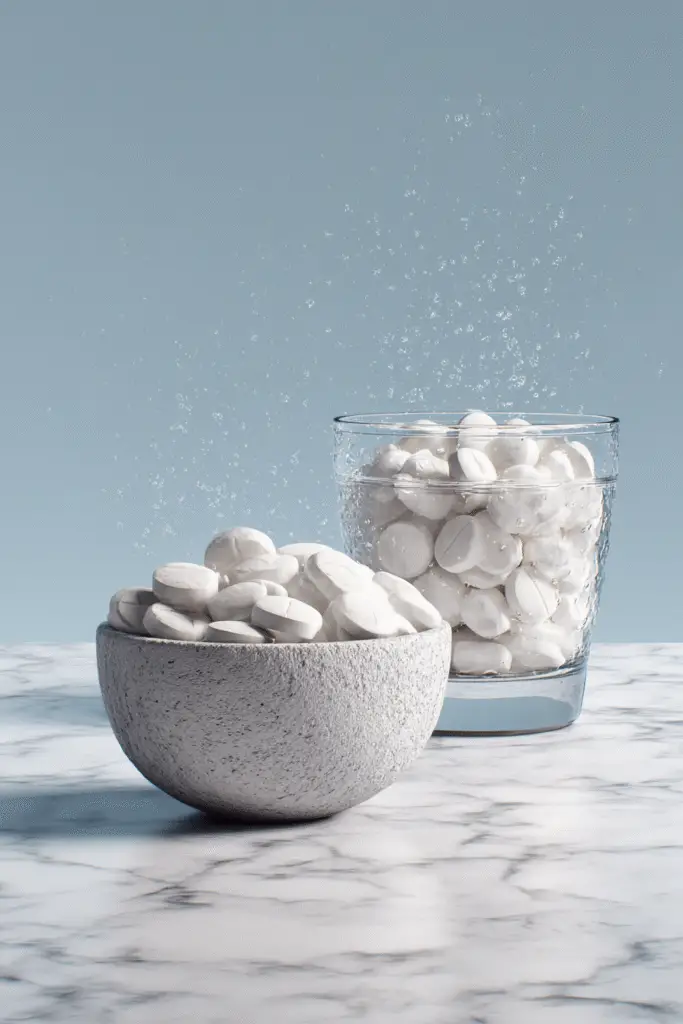
Some people are more prone to this process. For example:
- Idiopathic hypercalciuria → a condition where the body excretes too much calcium in urine, even if calcium intake is normal.
- Hyperparathyroidism → leads to higher calcium levels in the blood, which can spill into urine and trigger stone formation.
But here’s the key point: for most healthy people, calcium intake itself isn’t the biggest risk. Far more common triggers include dehydration and too much salt in the diet. Calcium only becomes a problem if levels in urine are already unusually high.
xcess Calcium Isn’t the Main Cause of Kidney Stones
It might seem logical: since most kidney stones contain calcium, cutting back on calcium should lower your risk. But research shows the opposite is true.
Doctors often prescribe calcium supplements for bone strength or conditions like osteoporosis. If you’re already eating calcium-rich foods and then add supplements, you might go beyond the daily recommended intake of 1,000–1,300 mg. That extra calcium usually just passes through your urine — and in most cases, it doesn’t automatically turn into stones.
Nutrition experts emphasize that calcium supplements are not the primary cause of kidney stones. In fact, people with calcium oxalate stones are often encouraged to make sure they get enough calcium. Without enough, oxalates have free rein to bind in the kidneys, making stones more likely.
So while overdoing supplements isn’t wise, calcium itself isn’t the enemy. The real problem comes when calcium isn’t balanced properly with other dietary factors like oxalates and sodium.
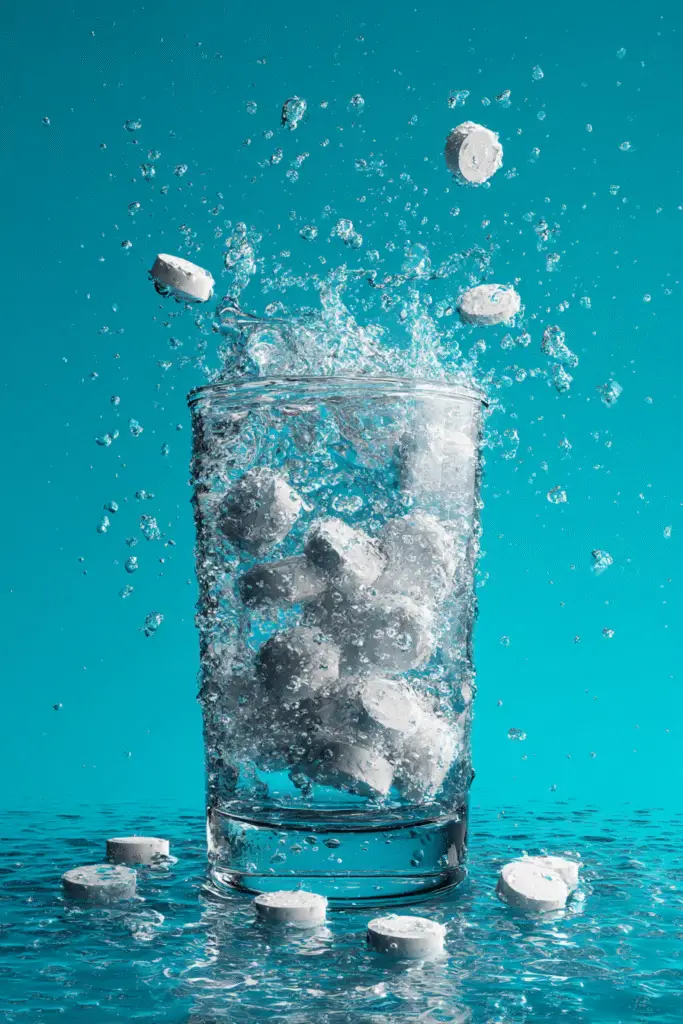
Getting Enough Calcium Reduces Kidney Stone Risk
Surprisingly, people who cut back too much on calcium supplements and kidney stones often face a higher risk of kidney stones. That’s because calcium plays an important protective role in your digestive system.
Here’s how it works: when you eat foods high in oxalates — think spinach, beets, nuts, and even chocolate — calcium in your diet binds with oxalates in the gut. This “partnership” helps move oxalates out through your stool instead of being absorbed into your bloodstream. Without enough calcium, those oxalates pass into your urine, where they can easily form calcium-oxalate stones.
Research shows that maintaining a moderate calcium intake is one of the most effective strategies for lowering urinary oxalate levels. In short:
- Low calcium diet = higher stone risk
- Adequate calcium diet = reduced stone risk
This is why dietitians often tell patients not to fear calcium, but to balance it wisely with hydration and other nutrients. In fact, keeping your calcium intake steady can be just as important as watching your salt intake when it comes to kidney stone prevention.
A High Sodium Diet Is More Likely to Cause Stones
If calcium isn’t the main trigger, then what is? For many people, the real driver of kidney stone risk is too much salt.
Here’s why:
When you eat a salty diet, your body tries to balance sodium levels by excreting more of it through urine. The problem is, calcium tags along for the ride. Instead of being reabsorbed into your body, calcium gets flushed into your urine, where it can crystallize with oxalates and form stones.
In other words, it’s not the calcium you eat that’s usually the problem — it’s the sodium that changes how your body handles calcium. That’s why nephrologists often tell patients to cut back on salt first, not calcium, when dealing with kidney stones.
Simple changes can make a big difference:
- Avoid processed foods and fast food (often packed with hidden sodium).
- Cook with herbs, spices, or citrus instead of extra salt.
- Stay hydrated to help dilute excess minerals in urine.
The bottom line: if you want to reduce stone risk, watching your sodium intake may be even more powerful than worrying about calcium supplements.
Food-Based Calcium Is Better Than Supplements
While supplements can help in certain cases, most experts agree: calcium from food sources is better for both your bones and your kidneys.
Here’s why:
- Your body absorbs calcium from foods like dairy, fortified milks, and leafy greens more efficiently than from pills.
- Food-based calcium is digested gradually, giving your body time to use it, while supplements can dump a large dose into your system all at once.
- Many calcium-rich foods also provide other beneficial nutrients — like magnesium, potassium, and fiber — that help reduce stone risk.
For example, dairy products are excellent calcium sources with high bioavailability. Plant-based options like fortified almond milk or kale can also work, but some contain oxalates that may interfere with absorption. That’s why variety matters.
That said, calcium supplements do have a place. People with digestive conditions like Crohn’s disease or those who have had gastric bypass surgery often struggle to absorb calcium from food. For them, a supplement may actually help by binding with oxalates and reducing stone risk.
So instead of automatically avoiding calcium, the smarter approach is:
- Prioritize food first for your daily calcium needs.
- Use supplements only when necessary and under medical guidance.
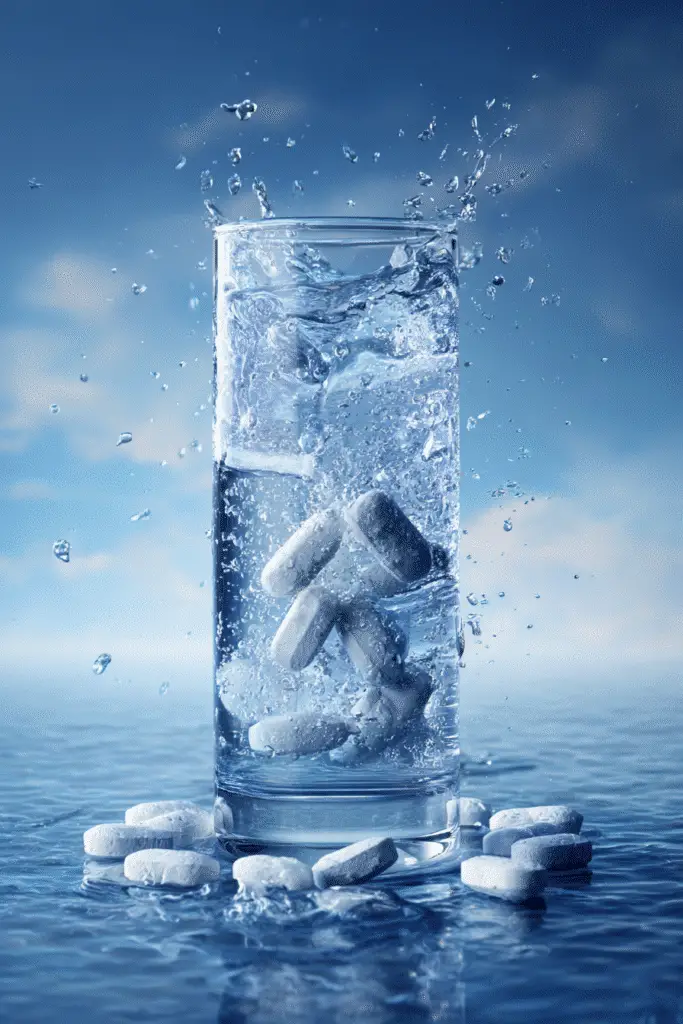
Conclusion
calcium supplements and kidney stones often gets blamed for kidney stones, but the science tells a different story. Excess calcium isn’t usually the cause — in fact, getting enough calcium protects you. The real culprits tend to be dehydration and high sodium intake.
The takeaway?
- Don’t cut calcium unnecessarily.
- Focus on food-based sources first.
- Watch your salt, drink plenty of water, and keep your diet balanced.
If you do need supplements, talk with your healthcare provider to make sure they’re right for your situation. By approaching calcium smartly, you can support both bone health and kidney health without fear of stones.
For more health recipes, follow us on Best True Homemade on Facebook and How To Cook Today on Pinterest
FAQs
Does taking calcium supplements always cause kidney stones?
No. Most people can safely take calcium supplements without forming stones. The risk rises mainly if you already have conditions like hypercalciuria or if your diet is very high in sodium.
Is it better to get calcium from food or supplements?
Food sources are better because your body absorbs calcium more efficiently from dairy, fortified milks, and leafy greens. Supplements should only be used if you can’t meet your needs through food.
Should I avoid oxalate-rich foods if I’m prone to kidney stones?
Not necessarily. Foods like spinach and nuts are healthy. What matters is pairing them with enough calcium so oxalates can bind in the gut and leave the body safely.
What’s more important: cutting calcium or cutting sodium?
Cutting sodium is usually more effective at lowering stone risk. Too much salt pushes calcium into the urine, which drives stone formation.
How much water should I drink to prevent kidney stones?
Most experts recommend at least 2 to 3 liters per day, but your needs may vary. Hydration helps flush out minerals before they crystallize.

